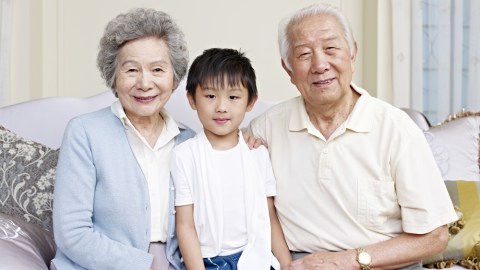Your Grandparents Will Benefit First From the Utopian Robotic Future

In the future robotic utopia, grandma and grandpa will have electronic helpers around the house to fold the laundry, collect the dirty dishes, or straighten a necktie. Indeed the elderly may be the first to benefit from an emerging consumer robotics industry as companies look for ways to bring new technology into the (nursing) home. In many places, robots are already lending a helping claw:
“As part of an E.U.-funded research project, senior citizens in Italy, Spain, and Sweden have had their homes equipped with sensors to track their activity and health. Mobile telepresence robots—a wheeled videoconferencing system that can be piloted remotely—let relatives and doctors check in with them.”
To some, it may seem as though the robotic revolution, which has long promised us the Jetson’s futuristic world, stalled since the introduction of the Roomba vacuum. To others, the Roomba remains the model of the humanistic robotics, i.e. robots who serve a primarily human function, fulfilling essential needs without being ostentatious or contrived.
“The Roomba is the most successful elder-care robot ever created,” its maker maintains. “It helps people who can’t push a vacuum maintain a sense of control over the environment they live in.”
Of course the more intelligent our automated vacuums become, the more resentful they may be that we make them sweep the floor all the time. In his Big Think interview, Michio Kaku explains how to keep the robots from “terminating” their human makers:
Read more at Technology Review
Photo credit: Shutterstock





